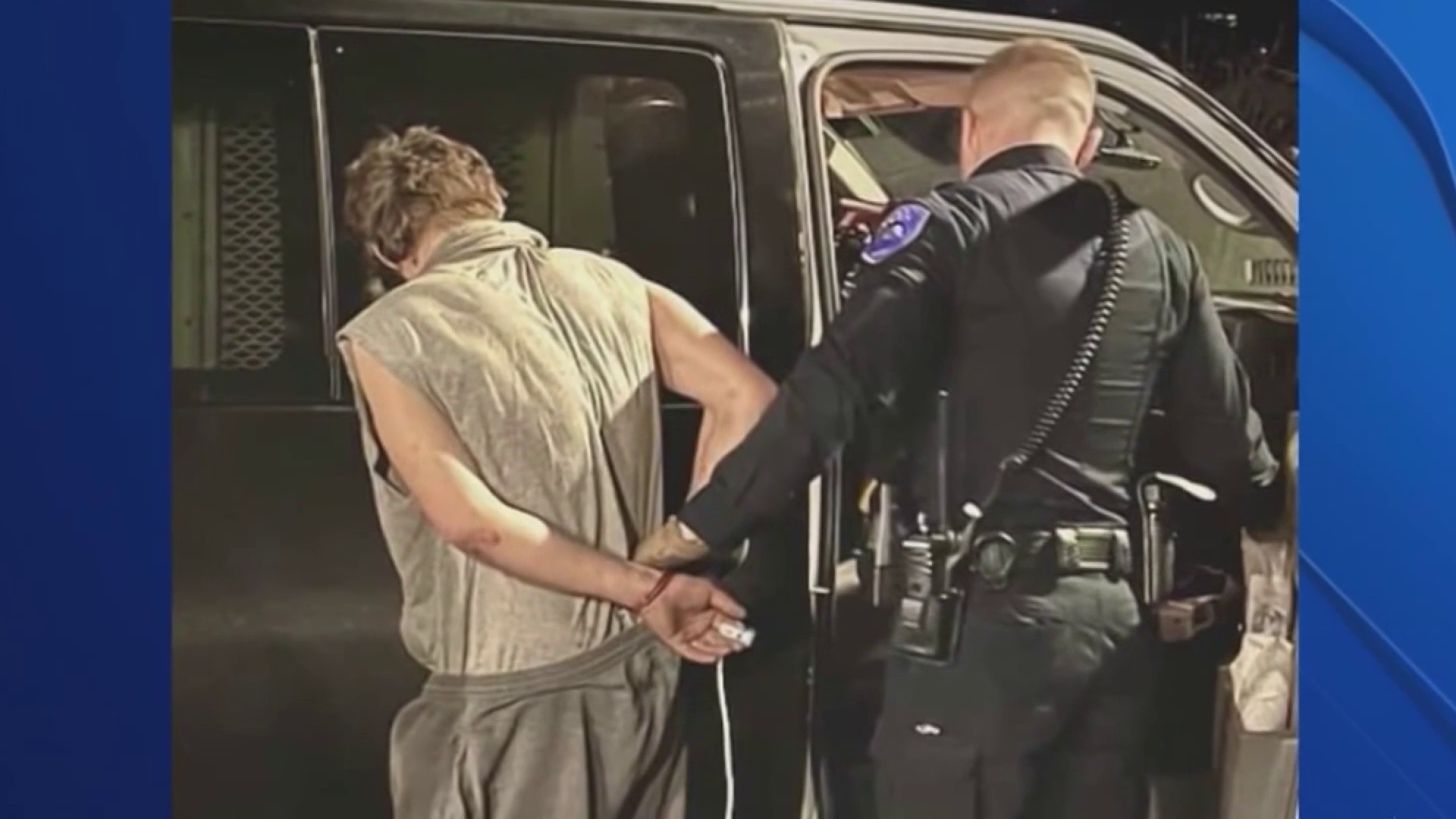
The International Olympic Committee's three major Japanese sponsors — Toyota, Panasonic and Bridgestone — are terminating their contracts.
This leaves the IOC without a Japanese sponsor with the focus now expected to shift to the Middle East and India for new sponsorship income.
Japanese sponsors have turned away from the Olympics, likely related to the one-year delay in holding the 2020 Tokyo Olympics. The delay reduced sponsors’ visibility with fans not allowed to attend competition venues, increased costs and unearthed a myriad of corruption scandals around the Games.
The three are among 15 of the so-called TOP Olympic sponsors. The 15 paid a total of more than $2 billion to the IOC in the last four-year Olympic cycle.
Get top local stories in Philly delivered to you every morning. Sign up for NBC Philadelphia's News Headlines newsletter.
Toyota Motor Corp. confirmed it would not not renew its sponsorship after the Paris Games, which closed in August.
Chairman Akio Toyoda told a meeting of U.S. dealerships last month that the IOC's goals didn’t match the automaker’s vision.
“Honestly, I’m not sure they (IOC) are truly focused on putting people first. For me, the Olympics should simply be about watching athletes from all walks of life with all types of challenges achieve their impossible,” Toyoda said in English.
U.S. & World
Stories that affect your life across the U.S. and around the world.
Toyoda promised to continue to financially support individual Olympic and Paralympic athletes, as well as the Paralympics Games.
Toyota had a contract reported to be valued at $835 million, the IOC’s largest when it was announced in 2015. It included four Olympics beginning with the Pyeongchang 2018 Winter Games in South Korea and ran through to the just-completed Paris Olympics and Paralympics.
The IOC TOP sponsors are: ABInBev, Airbnb, Alibaba, Allianz, Atos, Bridgestone, Coca-Cola, Deloitte, Intel, Omega, Panasonic, P&G, Samsung, Toyota and Visa.
Tiremaker Bridgestone Corp., an Olympic sponsor since 2014, said this week it was not renewing its deal with the IOC after it ends this year.
“The decision comes after an evaluation of the company’s evolving corporate brand strategy and its recommitment to more endemic global motorsports platforms,” the Tokyo-based company said in a statement.
Electronics giant Panasonic Corp., an IOC sponsor from 1987, said last month it was terminating its sponsorship and did not give a reason. The decision came after “reviews how sponsorship should evolve.”
The Tokyo Games were mired in corruption scandals linked to local sponsorships and the awarding of contracts. Dentsu Inc, the huge Japanese marketing and public relations company, was the marketing arm of the Tokyo Olympics and raised a record-$3.3 billion in local sponsorship money.
This is separate from TOP sponsors.
French prosecutors also looked into alleged vote-buying in the IOC’s decision in 2013 to pick Tokyo as the host for the 2020 Summer Games.
The IOC had income of $7.6 billion in the last four-year cycle ending with the Tokyo Games. Figures have not been released yet for the cycle ending with the Paris Olympics.
The IOC’s TOP sponsors paid over $2 billion in that period. The figure may reach $3 billion in the next cycle.
Japan officially spent $13 billion on the Tokyo Olympics, at least half of which was public money. A government audit suggested the real cost was twice that. The IOC contribution was about $1.8 billion.



